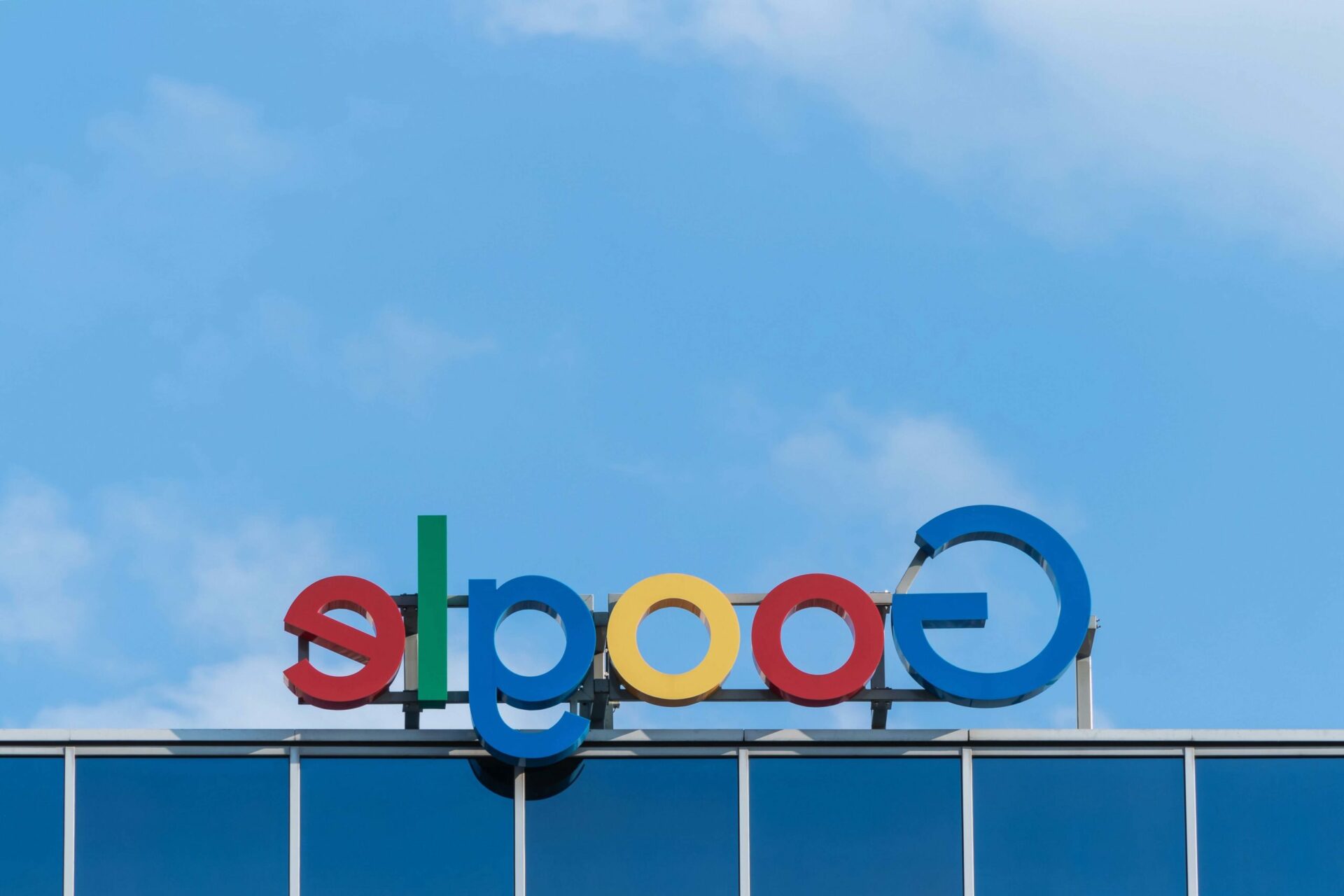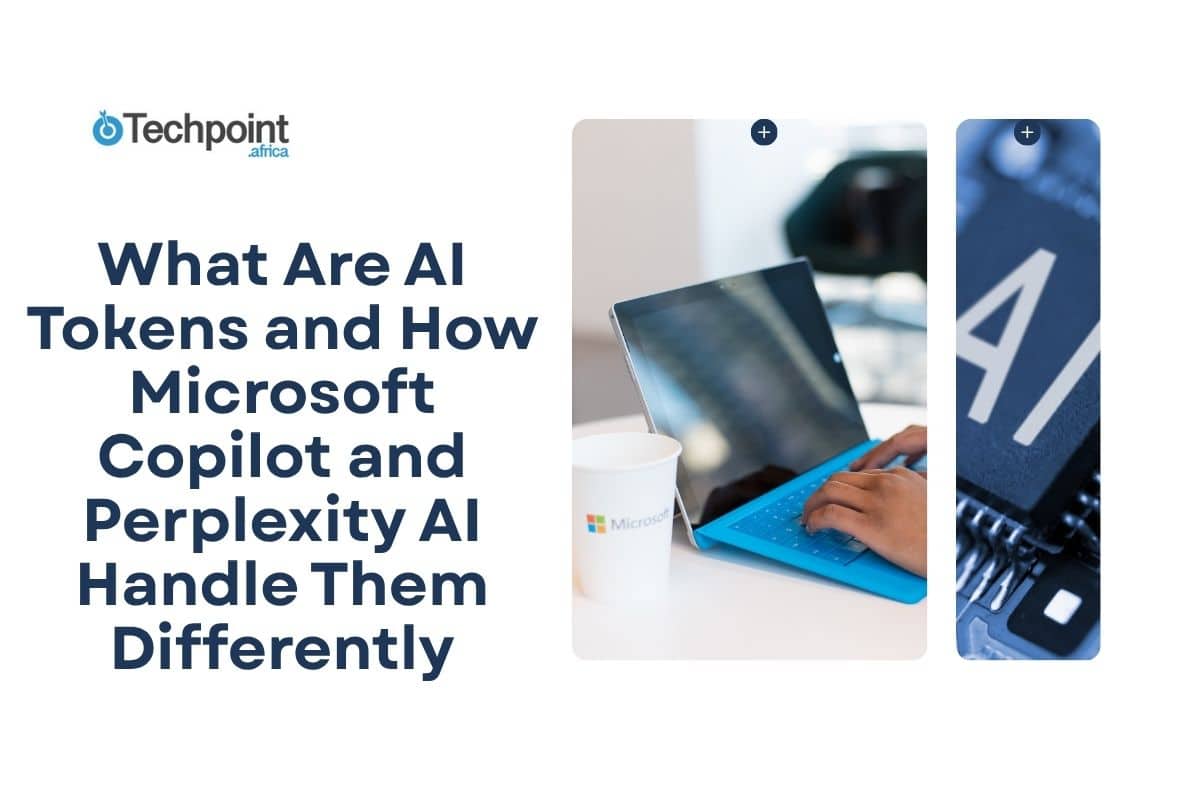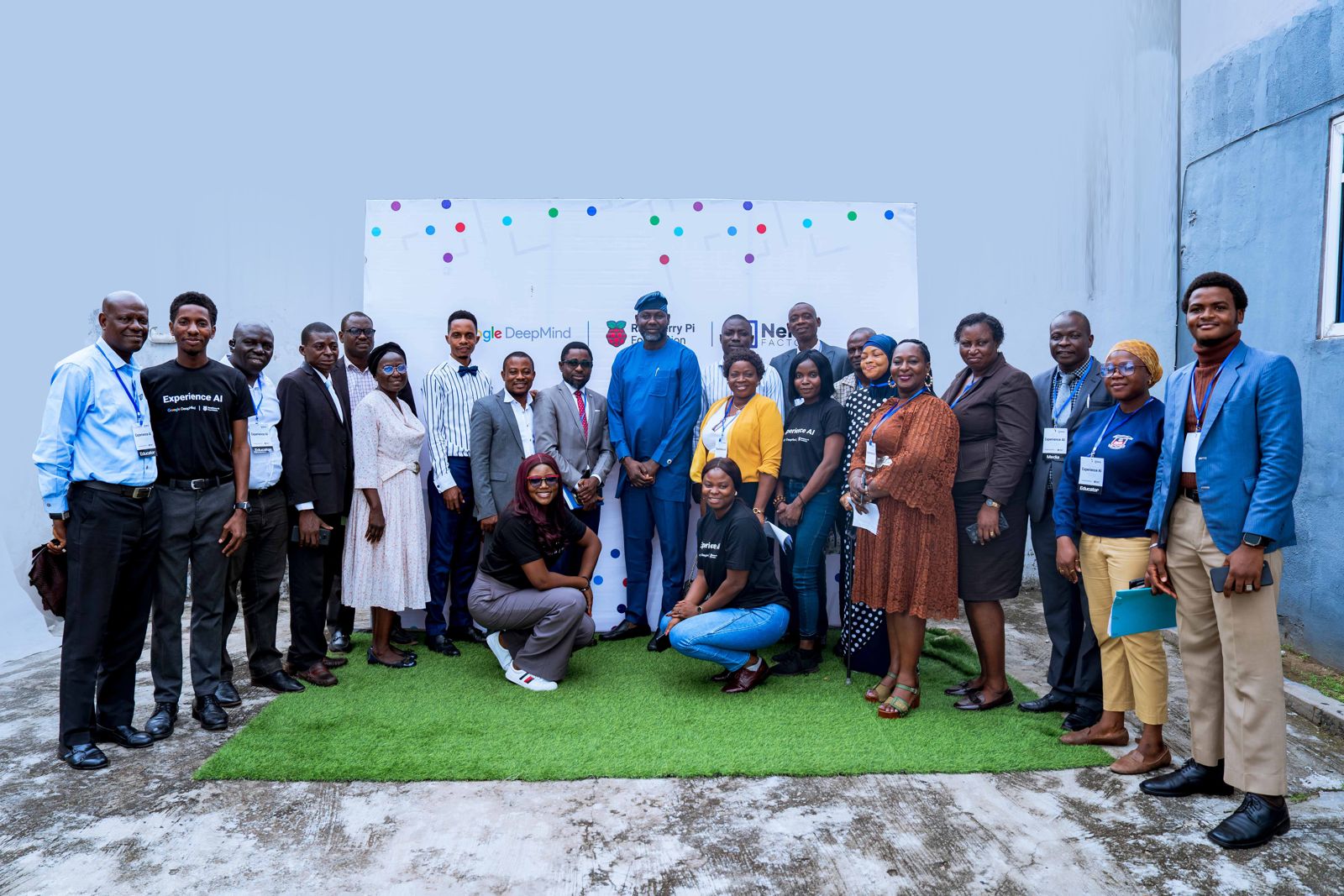On May 14, 2024, Google held its annual developer conference, tagged Google I/O, announcing over 100 new hardware, software, and various updates related to its products and services.
From keynote presentations to technical sessions and workshops designed for developers, technologists, and enthusiasts, the global search giant took the opportunity to unveil the future of AI-powered search.
Google I/O attendees had the opportunity to learn firsthand about the latest developments in Google’s ecosystem, including Artificial Intelligence (AI).
There were at least 100 key announcements, but here are ten interesting AI innovations from Google I/O 2024 that you should know:
1. Gemini 1.5 Pro is here
Google announced that Gemini 1.5 Pro, its powerful AI model with a million token context window, is now available in over 35 languages. According to Google, the Gemini 1.5 Pro cannot only process large amounts of data like a one-hour-long video or 1,500-page PDF, but it can also respond to multiple complex queries about the source material.
The US technology company launched the Gemini 1.5 Flash, a cheaper model it developed using user feedback, and Project Astra, an advanced AI assistant that can grasp and react appropriately to the context of conversations.
2. Google Search gets a boost for Gemini generative AI
Google will integrate Gemini into Search to improve its capacity to understand and respond to sophisticated queries. Consequently, you can now ask complex, multi-step questions, and make search queries using quick videos, allowing for more relevant search results.

Google noted that it’ll launch this feature in the US first and then roll it out to other regions over time.
3. Gemini is coming to Android
Beyond just Search, Google also announced that it’s bringing Gemini into Android, where it will run the following features like “Circle to Search,” which lets you search for anything you see on your screen. Google assures that the feature will soon be available on Chrome desktops and tablets.
The generative AI will also power TalkBack features, Android’s screen reader, making it easier for individuals with visual impairments to navigate their devices and access information more easily, and enhance live scam detection, spotting scam phone calls in real-time. The features will be available first on Pixel devices later in 2024, before expanding to other devices.
Lastly, Gemini will power Assistant on Android, and it’ll be accessible on Android 10+ and 2GB+ RAM Android devices where the Gemini app is already available.
4. Google Workspace won’t be left out
Generative AI is increasingly finding more useful applications. In the last year alone, Google has recorded over a million individuals, and tens of thousands have deployed generative AI in Workspace.
Gemini for Workspace helps you utilise Google apps like Gmail, Docs, and Sheets to their fullest capacities.
Google announced some updates across Gemini for Workspace, such as the new Gemini in Gmail features that provide automatic draft email responses that you can edit or simply send. Additionally, the AI can summarise email threads directly in the Gmail app.
These features will be available to Gemini for Workspace customers and Google One AI Premium subscribers later in the year.
5. You can now ask Google Photos questions
A feature called “Ask Photos,” which uses Gemini to answer all kinds of questions about photos and videos, is coming to Google Photos. With this feature, you’d be able to easily sift through countless visual media to find specific pictures or accurately recall past events.

The feature will begin rolling out in the US and become available in other regions soon after.
6. Imagen 3 will turn your text into pictures
Imagen 3 is Google’s latest effort to use generative AI to transform text into image models. Only made available to select creators in private preview for now, it’ll come in three model variants: the first will prioritise speed, the second will balance speed and quality, and the last one will optimise for the highest quality images with the best text alignment.
Imagen 3 will generate incredibly detailed, high-quality images, with exceptional lighting and fewer distracting anomalies. Also, there will be notable advancements in the tool’s ability to render text.
Imagen 3 will be available via waitlist. Image-generation upgrades will be available to Workspace and the Gemini app users soon.
7. Veo will help you create video on demand
Google’s Veo is a video generation model that allows you to create high-quality videos up to 60 seconds or more. In response to your prompts, Veo will offer results with proof of creative controls, such as quick zooming or slow-motion crane shots.
Like human shots, Veo will maintain consistency across complex prompts and capture the nuance and emotional tone of provided details, depending on the visual styles, ranging from photorealism to animation.
Google plans to integrate Veo’s capabilities into YouTube Shorts in the future. For now, however, the tool is available to select creators in private preview in VideoFX via a waitlist.
8. Lyria will help improve music
Google is collaborating with musicians, songwriters, and producers to better understand how AI can help with music creation. A key invention from this collaboration is Lyria, Google’s most advanced family of models for AI music generation.
Experimental music created using Lyria is available on YouTube channels at I/O. Some notable musicians include Grammy-winning rapper, Wyclef Jean; electronic musician and YouTuber Marc Rebillet; and songwriter Justin Tranter.
9. You can use SynthID to detect AI-made texts and videos
Google’s SynthID watermarks and identifies AI-generated content. Its functionality has now been expanded to include text and video. Synth embeds a digital watermark directly into AI-generated images, audio, text or video. You can distinguish between what was created by humans and AI with the SynthID.
Google is integrating the tool into Gemini and Search to enhance creative queries.
10. AI Test Kitchen is improving the AI learning experience
Google’s AI Test Kitchen is a hub where you can join others to experience and offer feedback on the company’s latest AI technologies, like ImageFX and MusicFX. Per the tech giant, AI Test Kitchen is an avenue for interested parties to learn, improve, and innovate responsibly on AI together. Everything on the platform is a work in progress and is open to early feedback.
Now, Google is expanding the platform to reach more people in more than 100 countries and territories, including sub-Saharan African nations, such as Nigeria, Kenya, and South Africa. It’s available in 37 languages.











